Gabba’s original $1bn price tag from a ‘press release’
The only documentation backing the original price tag to rebuild the stadium was in press release, the Auditor General reveals.
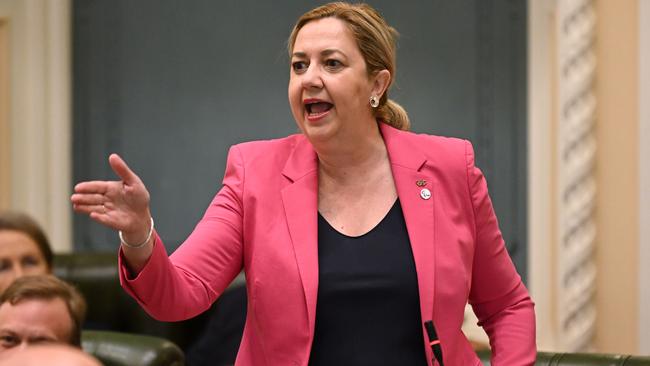
The only documentation supporting an original $1bn price tag to rebuild Brisbane’s Gabba stadium was in a government press release, Queensland’s auditor-general has revealed.
Costs to demolish and rebuild Brisbane’s marquee Olympics venue, first estimated by Premier Annastacia Palaszczuk in 2021 to cost $1bn, has blown out by 170 per cent to $2.7bn.
Giving evidence to a parliamentary committee this week, Auditor-General Brendan Worrall said he was not aware of any business case done on the Gabba redevelopment before the $1bn estimate was announced in April 2021. “I don’t think there ever was a business case supporting the billion dollars,” he said.
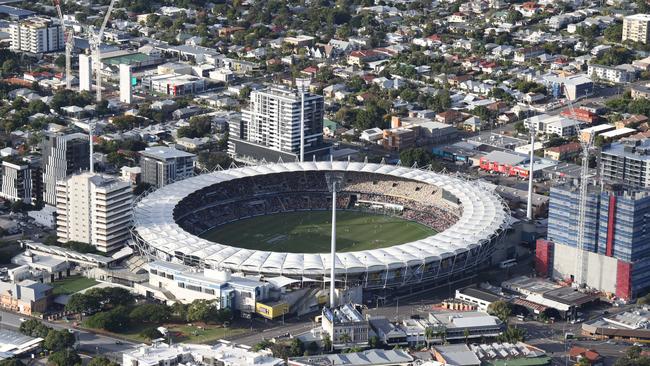
“I think you’ll find the source of that was from a press release.”
LNP Olympics infrastructure spokesman Jarrod Bleijie moved a motion for debate in state parliament on Wednesday night, calling on the government to release results of all Gabba cost assessments by the end of the month.
“It is inconceivable, even for a Labor government known for its budget blowouts, that the Gabba redevelopment has gone from its original $1bn price tag to a whopping $2.7bn,” he said. “Queenslanders are owed an explanation for the additional costs and blowouts. After all, it is Queenslander’s money, not Annastacia’s.”
Ms Palaszczuk has blamed the overrun on increased commodity prices and said funding was justified as the stadium would be “a legacy” and used throughout the year for AFL and cricket matches.
In parliament on Wednesday morning, Ms Palaszczuk said costs of reinforcing steel and structural timber had increased by 40 per cent across Australia in the past year.
“Infrastructure Australia states that construction costs have surged over the past 12 months with steep price rises for globally produced commodities … heightened transport and logistic costs plus supply chain disruption caused by the Covid-19 pandemic and the war in Ukraine,” she said.
The state government’s own policy document says business cases ensure “a consistent and rigorous approach” to development.
“To make good decisions, the government needs quality proposals, well-developed business case documentation, and transparent and robust assessment processes,” the Business Case Development Framework reads.
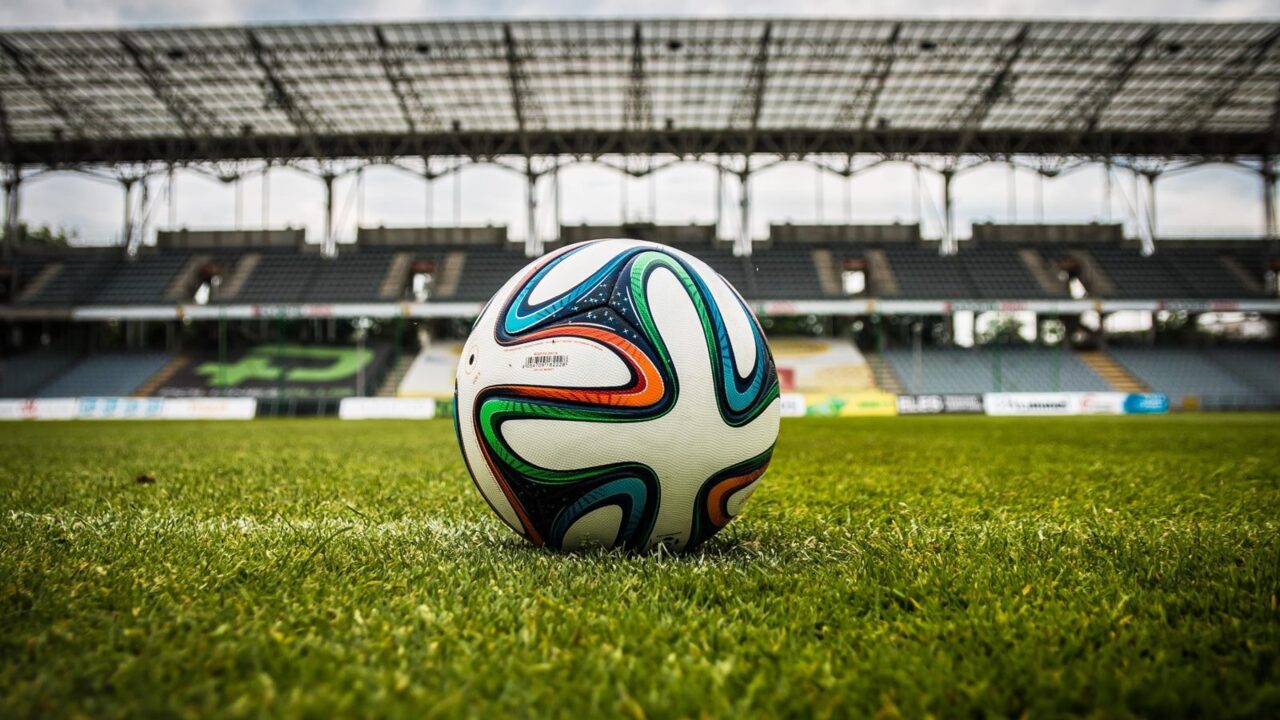
A detailed business case was completed in 2018 for the proposed commonwealth-funded Brisbane Arena, where a drop-in pool will be used for swimming events during the Olympics.
The 17,000-seat arena was assessed by the auditor-general in 2019 and estimated to cost $2.12bn. Projected costs increased to $2.5bn last month.
Deputy Premier Steven Miles last week said a validation process for the Gabba rebuild, similar to a business case, was due to be completed by the middle of the year.
“Certainly elements of it will be released publicly,” he said.
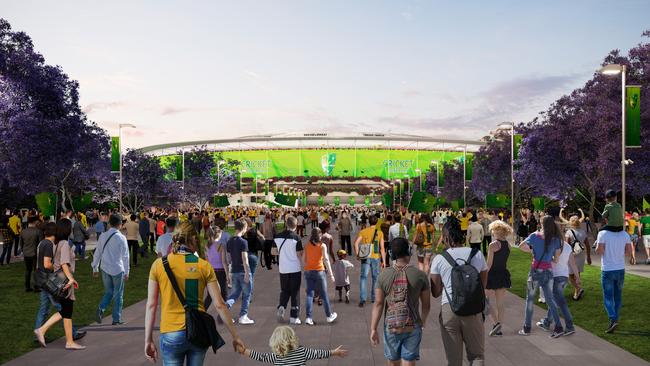
“There may be elements that can’t (be released publicly) because they feed into commercial negotiations,” he added.
Bids into the market on the Gabba rebuild are expected in the second half of the year, with construction to start in 2026.
The multibillion-dollar infrastructure program for the 2032 Olympics will be overseen by department of regional development director-general Graham Fraine.
More Coverage
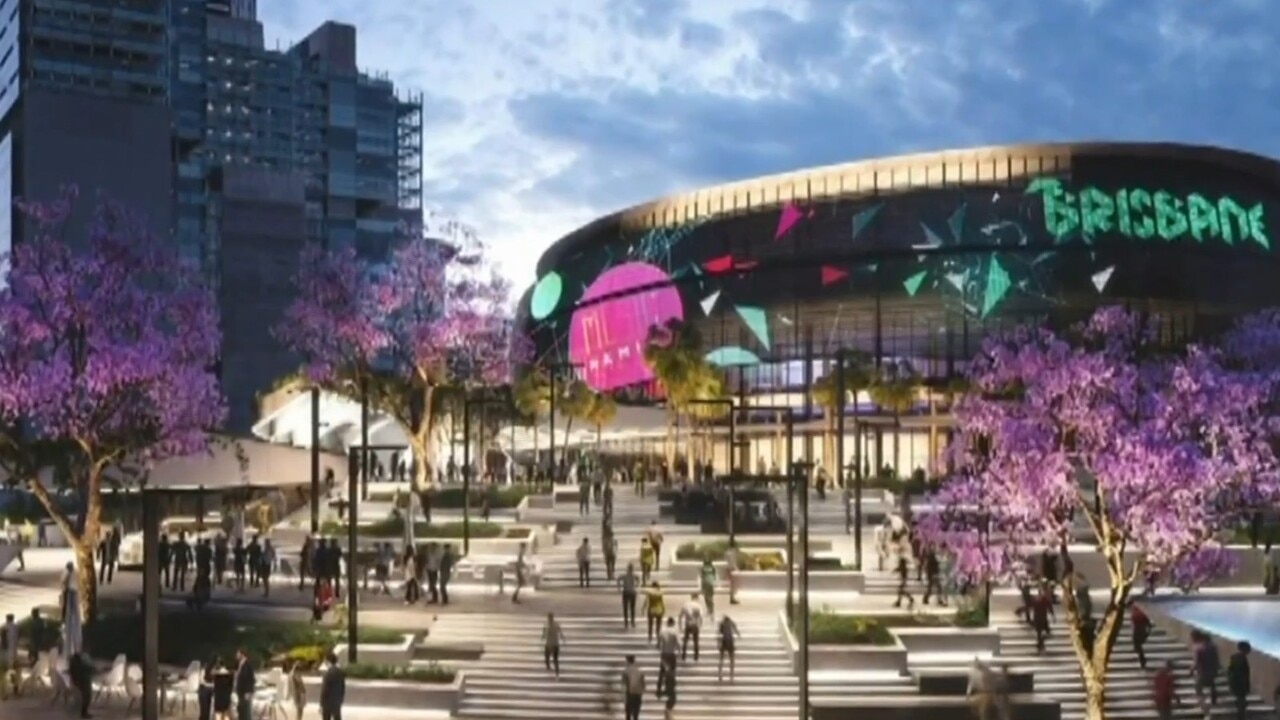


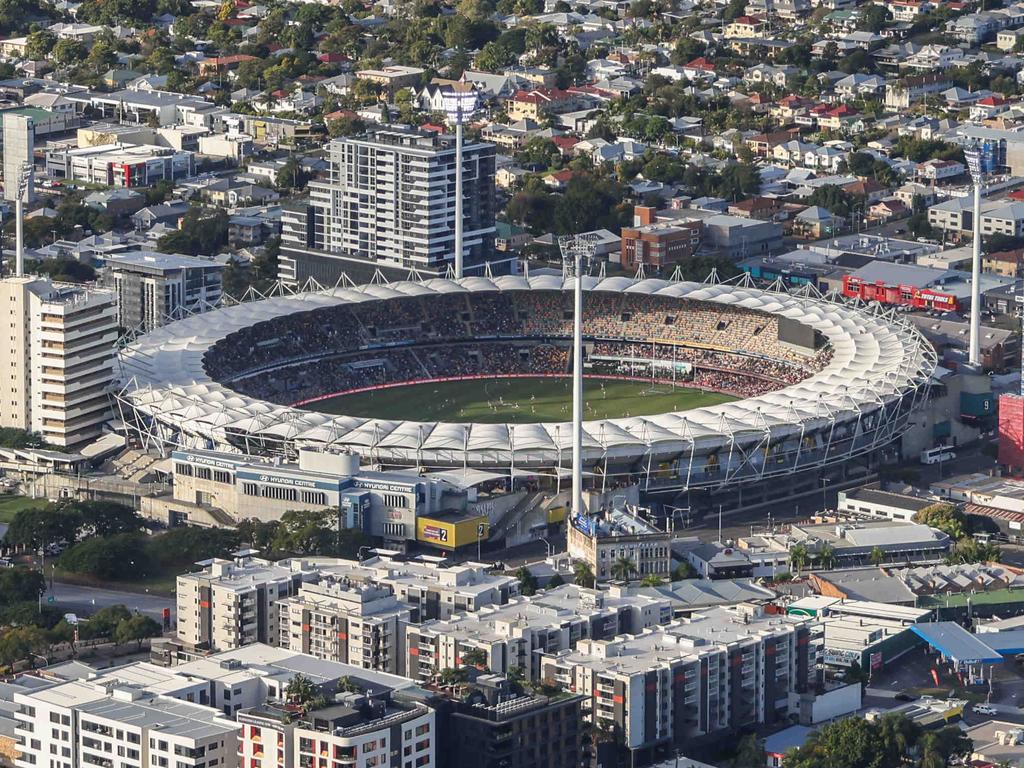

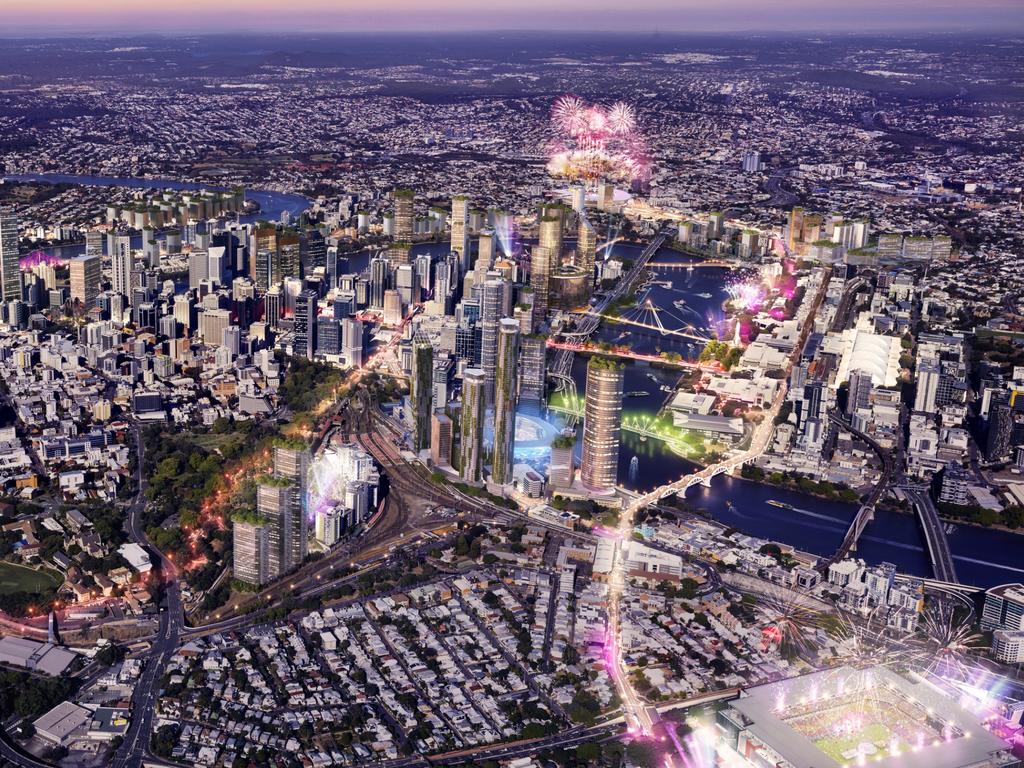
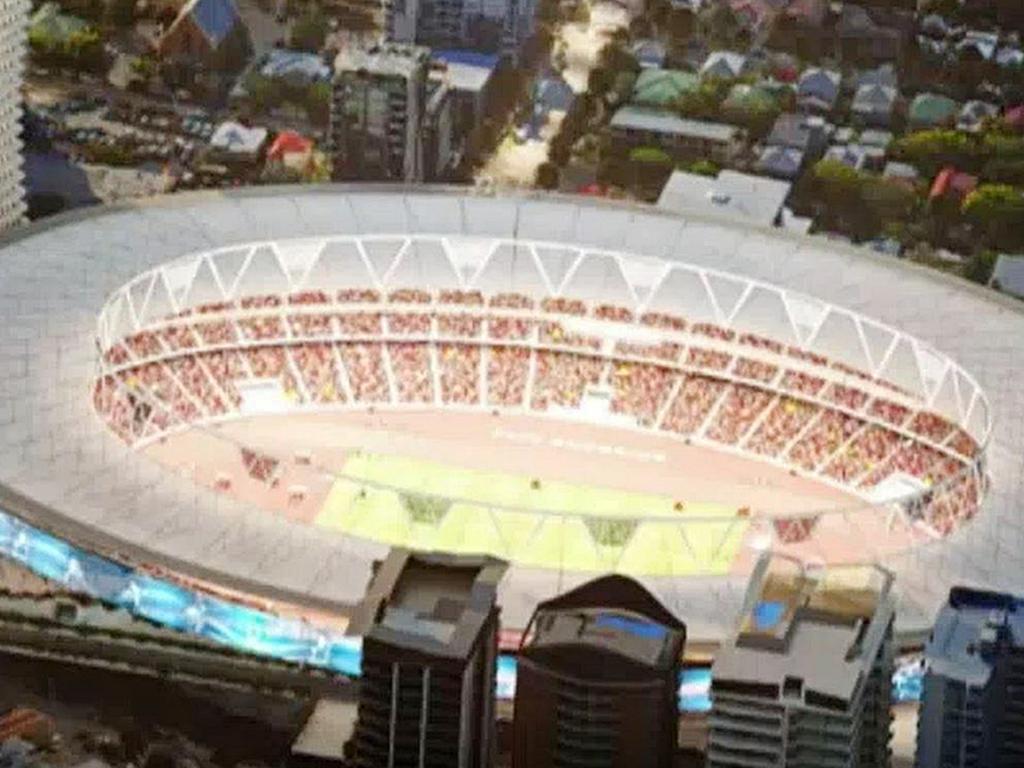
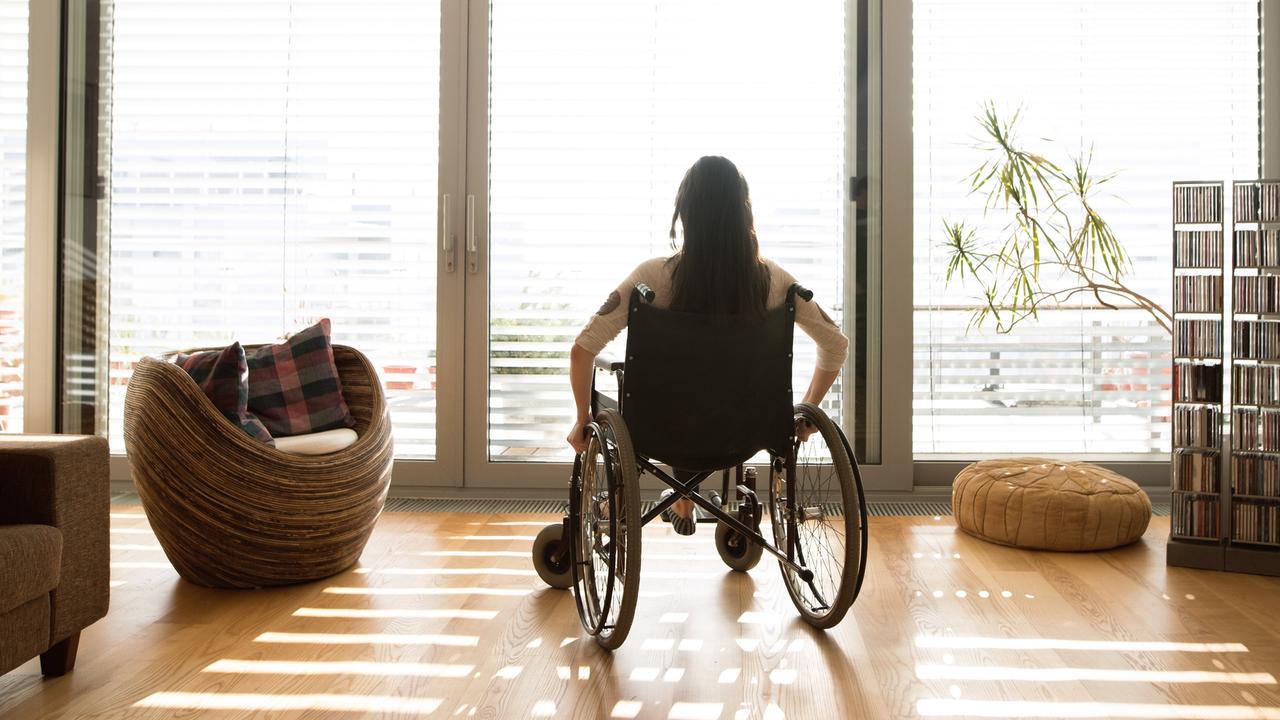
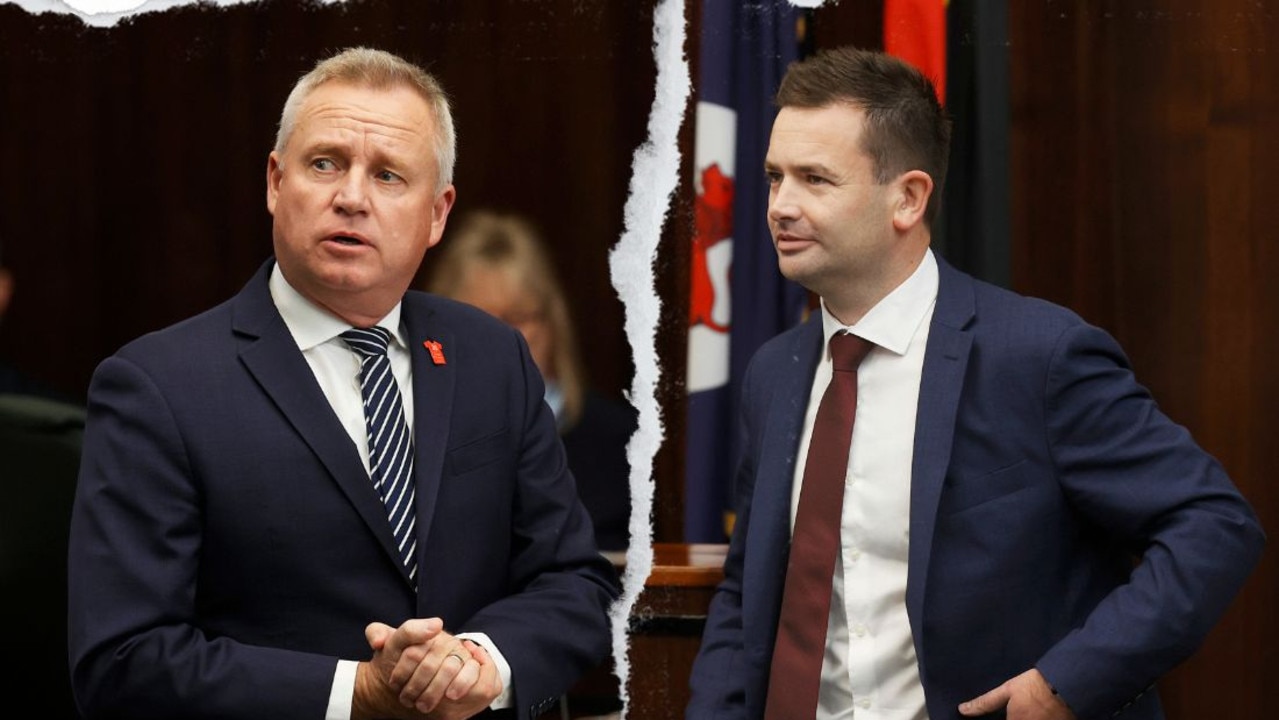
To join the conversation, please log in. Don't have an account? Register
Join the conversation, you are commenting as Logout